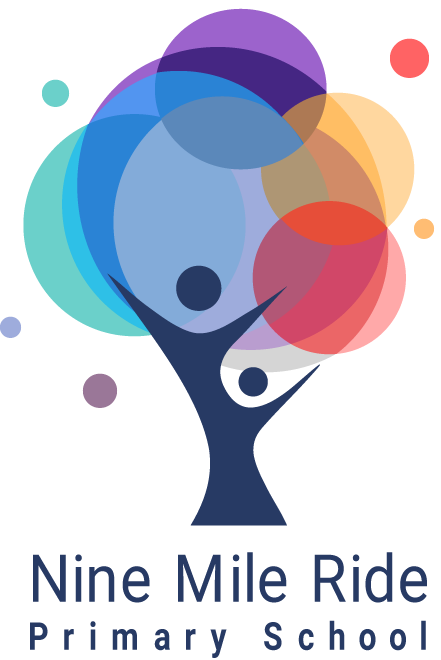Cognition and Learning
Cognition refers to the thinking skills and thought processes that a child has acquired through their prior experiences. Learning difficulties can be general or specific and related to one or more areas of the curriculum.
Examples of cognition and learning needs/difficulties that are listed in the SEN code of practice include:
- Specific learning difficulties (including dyslexia, dyspraxia and dyscalculia).
- Moderate learning difficulties
- Severe learning difficulties
- Profound multiple learning difficulties
How do we support this?
At Nine Mile Ride Primary School we support pupils with their learning and help pupils to achieve their potential. To do this, we differentiate work within the classroom and offer interventions for pupils. We have processes within the school that allow us to track pupil progress and plan their next steps.
High Quality Teaching
The pupils needs can be met in the classroom through every day high quality teaching which can include adaptations to the classroom environments.
Targeted / Individualised Support:
Numicon
This excellent maths system is a multisensory approach to arithmetic teaching for young children and for older pupils with SEN.
Mathletics
An award-winning interactive site full of fun activities used to improve maths skills. Personalised learning for every child
Times Tables Rock Stars
An interactive site that allows children to practice times tables in a sun and engaging way.
Precision Teaching
Is a method of planning a teaching programme to meet the needs of an individual child or young person who is experiencing difficulty with acquiring or maintaining some skills in teaching
Catch Up Literacy
Catch Up Numeracy
Fastrack
Number Shark
Word Shark
Alphabet Arc
Fine Motor Skills
Reciprocal Reading
Pixl Therapies
Toe by Toe
Daily Literacy interventions to help practice and retain information focussing on success and building confidence in the pupil. It uses a multi-sensory teaching approach to help embed information.
Rapid Reading
A proven intervention approach that helps children catch up in reading. Rapid Reading books are designed for one-to-one reading sessions with struggling learners.
How can I support at home?
If you think your child might need help with their cognition and learning needs at home you can support them in the following ways:
- Ask questions and set up opportunities to challenge and encourage deeper thinking e.g. “What should we do first?”, “How does this work.? Can you help me?”
- Encourage your child to be creative and respond enthusiastically. This will help them to develop confidence to approach tasks.
- Let your child know that their efforts, thoughts and questions are valued.
- Model and encourage a Growth Mindset attitude when problem solving.
- Trips to places such as the library, museums, galleries and exploring nature will stimulate your child’s curiosity. Be sure to capture the experience.
- Play a variety of games with your child eg. board games, memory games, puzzles word searches and dot to dot.
- Support your child with homework and keep connected with the class teacher to know how you can support at home.













